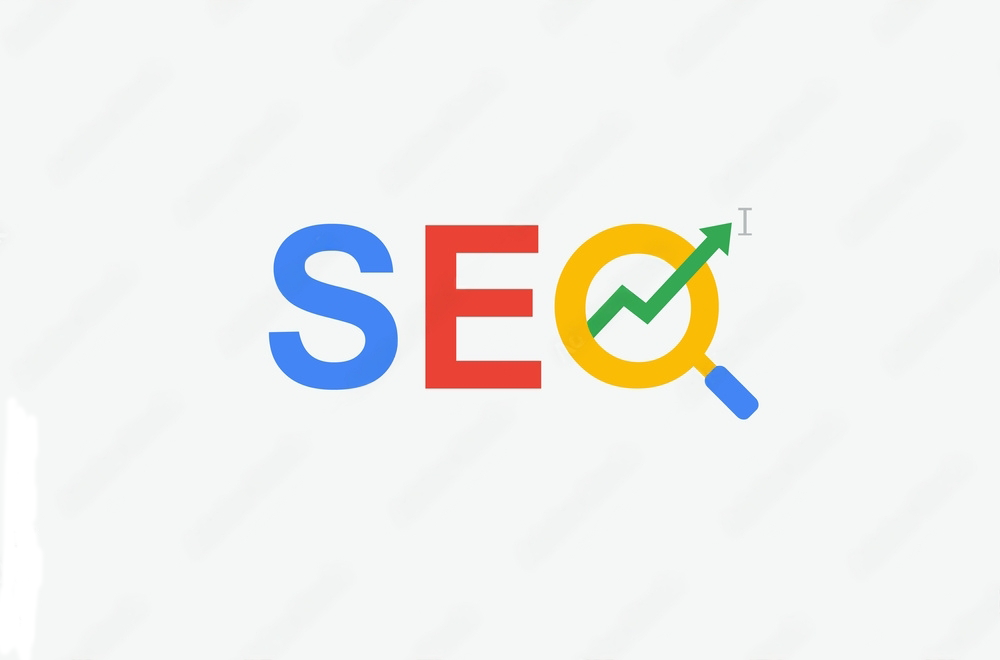Have you heard of SEO?
SEO stands for Search Engine Optimization. Search Engine Optimization (SEO) is the practice of increasing the quantity and quality of website traffic by improving the visibility of a website or a web page in search engine results pages (SERPs). SEO involves optimizing various aspects of a website, including its content, structure, and HTML code, to search results to drive more traffic to a website.
Search Engine Optimization (SEO) is a critical component of digital marketing. SEO is the process of optimizing a website to rank higher in search engine results pages (SERPs), which in turn helps to increase website traffic, visibility, and ultimately, conversions. Because Digital Marketing involves a broad range of online marketing strategies and tactics that businesses use to promote their products or services through various digital channels, by optimizing a website’s content, keywords, and structure, businesses can improve their visibility and rankings in search engine results, which can lead to increased brand awareness, website traffic, and customer engagement.

Ways Search Engine Optimization (SEO) has transformed Digital Marketing
- Increased website traffic: SEO helps websites rank higher in search engine results pages, resulting in more organic traffic to the website.
- Better user experience: SEO strategies such as optimizing website speed, improving mobile responsiveness, and creating high-quality content improve the user experience on a website, leading to more engagement and conversions.
- Increased brand credibility: Websites that rank higher in search engine results pages are often perceived as more trustworthy and credible, leading to increased brand recognition and awareness.
- Improved targeting: SEO allows businesses to target specific audiences by optimizing their website for relevant keywords, resulting in more qualified traffic and higher conversion rates.
- Greater ROI: SEO is a cost-effective digital marketing strategy that can generate a high return on investment over time, especially when compared to other forms of online advertising.
Overall, SEO has become an essential component of any digital marketing strategy, as it allows businesses to improve their online visibility, reach new audiences, and generate more traffic and revenue.
Are you interested in Search Engine Optimization?, here are some steps to guide you
- Define your target audience and keyword research: Identify your target audience and determine the keywords or phrases that they are likely to use when searching for your products or services online. Keyword research helps you understand the search volume and competition level of the keywords relevant to your business.
- On-page optimization: On-page optimization involves optimizing the content and structure of your website to make it more search engine-friendly. This includes optimizing page titles, meta descriptions, header tags, image tags, and URLs.
- Content creation: Creating high-quality and relevant content for your website is a crucial aspect of SEO. This includes creating blog posts, articles, infographics, and other types of content that can attract and engage your target audience.
- Link building: Building high-quality backlinks to your website from other reputable websites can improve your search engine rankings. This involves outreach to other websites and content creators to earn links back to your website.
- Technical optimization: Technical optimization involves optimizing the technical aspects of your website, such as website speed, mobile-friendliness, and structured data markup.

Complementary Information
SEO plays an essential role in digital marketing because it helps businesses to drive targeted traffic to their websites through organic search results. In addition to SEO, other digital marketing strategies like pay-per-click (PPC) advertising, social media marketing, email marketing, and content marketing can be used in conjunction with SEO to drive even more targeted traffic to a website and improve overall digital marketing performance. Ultimately, the success of any digital marketing campaign is dependent on a well-rounded and integrated approach that leverages multiple channels and strategies, including SEO.
While SEO is an important component of digital marketing, it is just one of many channels and tactics that businesses can use to reach their target audience online. Other digital marketing channels include paid search advertising (PPC), social media marketing, email marketing, content marketing, and affiliate marketing. The key to a successful digital marketing strategy is to use a combination of these channels and tactics in a cohesive and integrated way to achieve your business objectives, such as increasing website traffic, generating leads, or driving conversions. SEO can play a crucial role in achieving these objectives by helping to drive targeted traffic to your website from search engines. However, it should be used in conjunction with other digital marketing channels to maximize your online visibility and reach your target audience wherever they are online.
Read More about Search Engine Optimization (SEO) from out previous post read here


